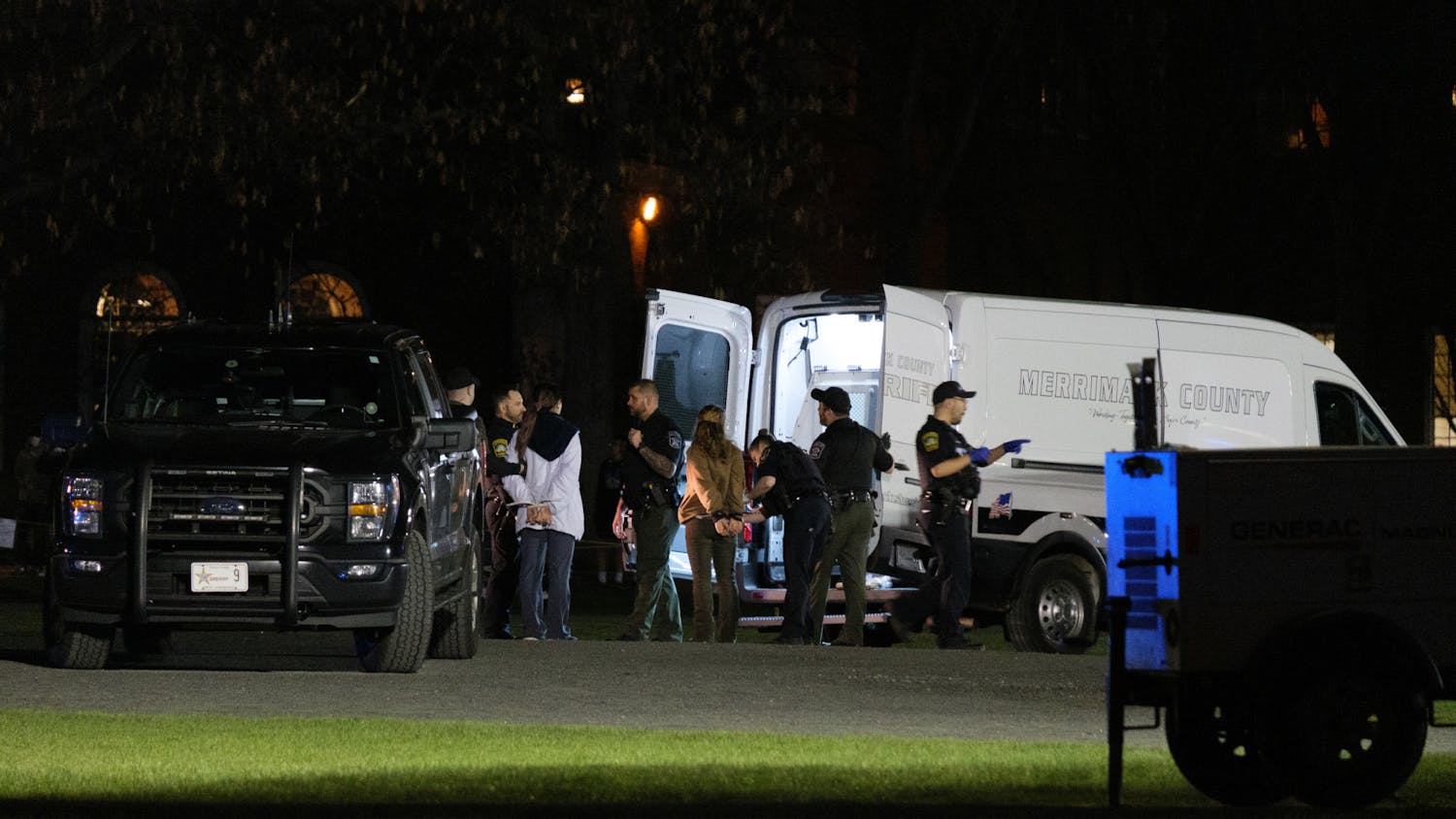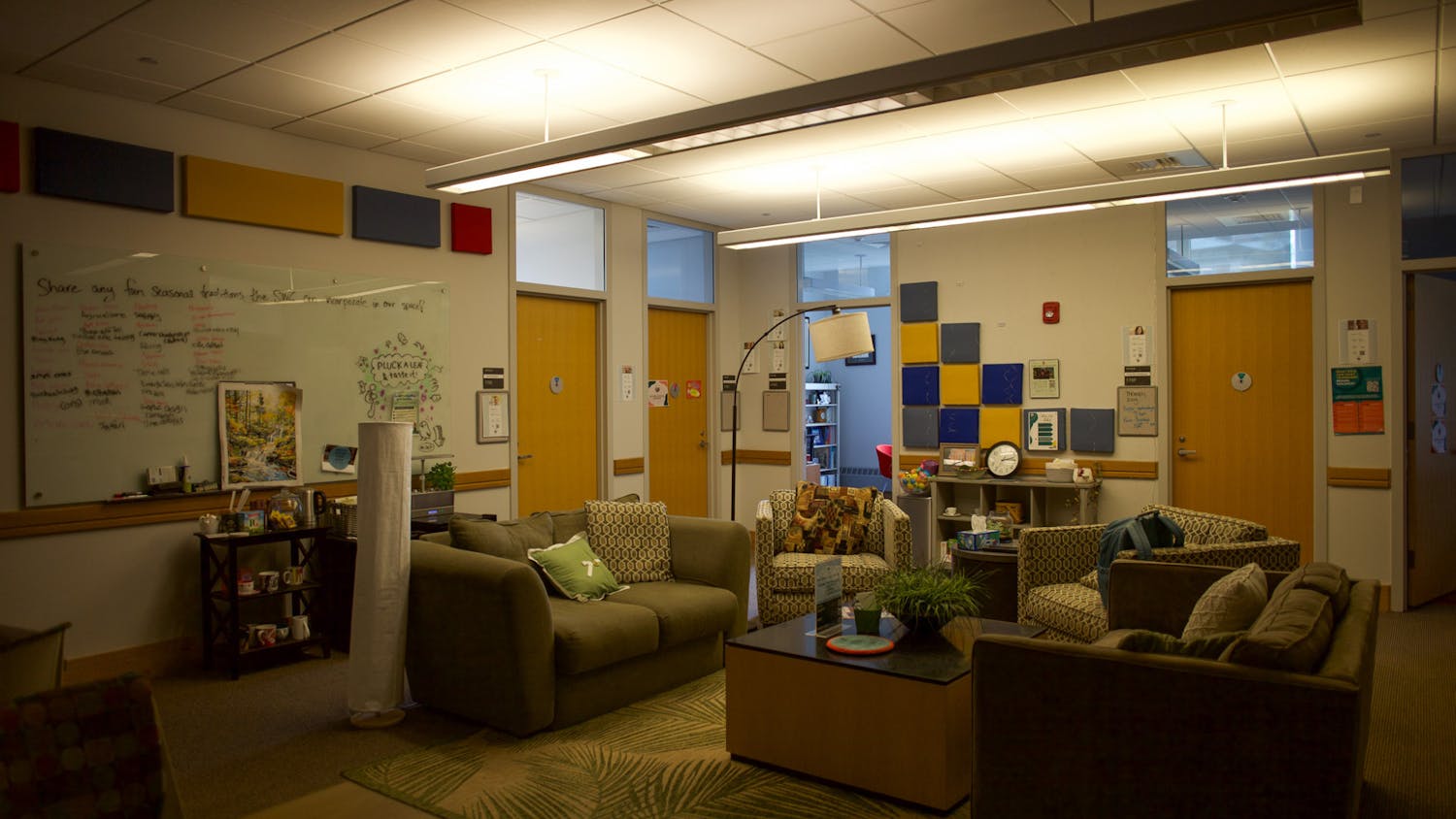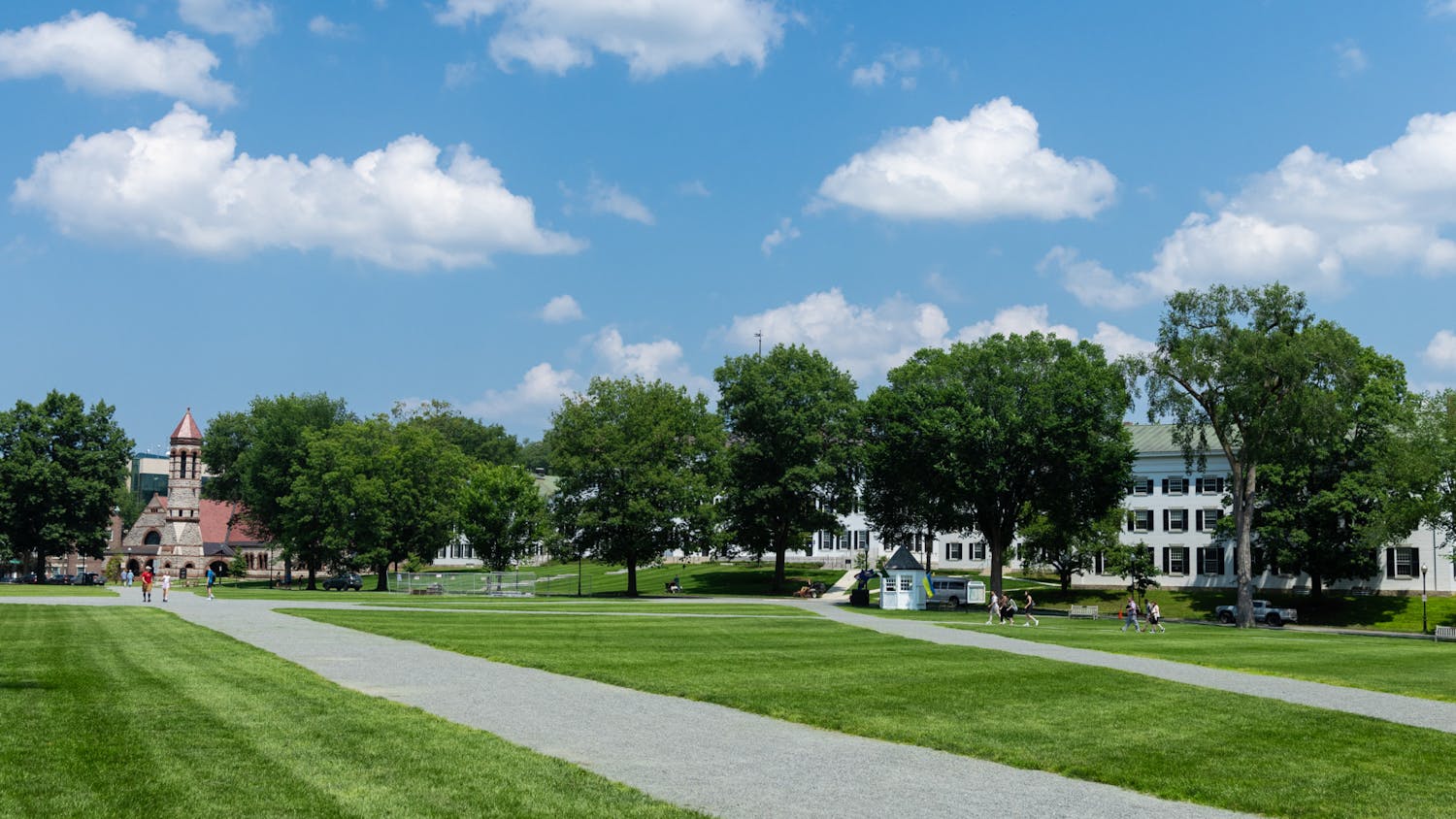Students went on-line in high numbers this week to vote in support of the Student Assembly's response to the steering committee's January report.
The Assembly response was largely critical of the steering committee's proposed Greek reforms, but agreed on many other points including first-year housing experimentation and the establishment of a cluster system.
An overwhelming 87 percent of voters responded "yes" when asked if they agreed with the Assembly's recommendations as a whole. Responses to the other 13 questions were invariably positive, garnering from 69 to a whopping 93 percent support rate.
2,211 students logged on to vote between 5 p.m. Monday and 5 p.m. yesterday.
Assembly president Dean Krishna '01 said he was pleased with the student response to the recommendations.
"We want the Trustees to take this seriously, and these numbers prove to me that they will," he said.
Assembly vice president Margaret Kuecker '01 agreed, saying the results "proved students can find a consensus."
A statement by the Assembly declared, "These results indicate the willingness of the student body to reach common ground on difficult issues."
Support was highest (93 percent) for the Assembly's recommendations on social and dining spaces, which called for such projects as the construction of a new dining facility on the north end of campus, additional licensed alcohol venues on campus, a dance club, a new flat-floor hall, new small-scale arts facilities, fitness centers in residence halls and additional spaces for student organization meetings.
Other proposals receiving high levels of support included the Assembly's recommendations on residential life "hardware" such as more and better dorms (92 percent in favor), on items deemed to be missing from the steering committee report such as a D-Plan review and student-faculty relations (89 percent) and on the Greek rush process (86 percent).
The recommendation receiving the least support (69 percent) concerned provisions for derecognition of Coed Fraternity Sorority system houses, which included recommendations that the Principle of Community should be rewritten, that any house found guilty of hazing should immediately be derecognized, that the CFS judicial system should be "redefined" and that CFS organizations should undergo a "comprehensive five-year review" beginning in 2005.
Other less popular recommendations included the one concerning CFS initiation policies (69 percent approval), which called for a stricter policy against hazing and the replacement of the "pledge period" with a "new member education period," and the proposal advocating the enhancement of the cluster system of residence halls (70 percent).
Kuecker speculated that some students may have voted against the cluster proposal because of the wording of one of its recommendations, "Create a system that gives students the opportunity to stay in the same cluster for four years," which she said might have been misinterpreted as "requires them to stay in the same cluster for four years."
There were some complaints among students over the number of proposals that were grouped together for each question on the ballot.
"There were so many parts of each question, that invariably there were some parts of each question I'd agree with and other parts I'd disagree with," said Chris Curran '03. Many students told The Dartmouth they held similar sentiments.
"We've spent a lot of time justifying the format," Kuecker said, adding that it would be impractical to have students vote on the Assembly's 88 recommendations separately.
Kuecker called the decision of how to divide up the recommendations "a balancing act," but said, "There were natural places to group them together."
"It was either one question, 88 questions or a happy medium," added Krishna. "We believed that 14 questions was a good balance."
Although 2,211 students were recorded as having voted, but no more than 2,152 voted on any question, a discrepancy election website designer Dan Scholnick '00 said was due to the fact that once people had logged on to vote, they were counted as having voted even if they answered no questions. Substantially fewer students (1,981) responded to the final question, which indicated that some may have lost interest by the end of the ballot.
Scholnick said that off-campus students were also able to vote.



